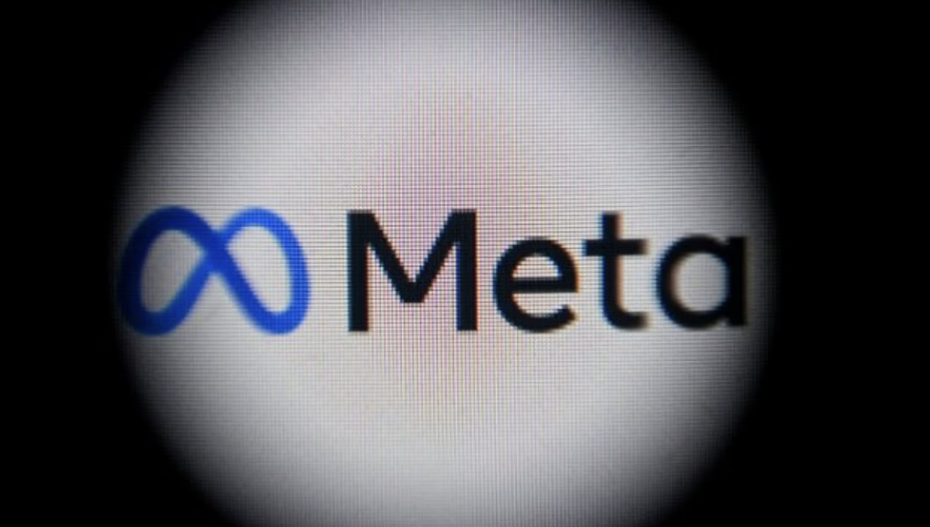Meta is making substantial investments in artificial intelligence (AI) to position itself as a leader in the field. Recently, in its first-quarter earnings report, the company revealed that its AI plans are costing more than initially anticipated. Meta initially intended an estimated capital expense range of $ 30 to $ 37 billion for its AI plan; however, the company has ended up spending $ 5 billion more, reaching a total cost of between $ 35 and $ 40 billion.
While the investment is significant and mainly focused on AI, Meta’s latest AI model, Llama 3, has also led its CEO, Mark Zuckerberg, to become “more ambitious and optimistic about AI.” Zuckerberg is confident that the investment in AI research and product development will yield substantial profits for Meta in the future and will help the company establish itself as a major player in the AI industry. He also plans to invest significantly more in AI over the coming years to build advanced models and large-scale AI services.
Zuckerberg also has a plan to monetise Meta’s AI capabilities, aiming to create a massive business in the long run. This plan includes three approaches:
The first way Meta plans to generate AI revenue is through business messaging. Zuckerberg envisions a future where companies use Meta’s AI tools for business messaging, including AI-powered chatbots capable of handling complex tasks and solving user problems. Businesses would pay for access to these advanced “agents” to improve customer interactions. Zuckerberg believes revenue from this sector is a “nearer-term opportunity,” potentially within the next five years.
Meta’s core business model revolves around digital advertising, and the second plan to bring revenue through AI is to integrate ads into AI interactions. This plan involves brands paying to have their products or services showcased within AI-generated responses. While this concept is still in its early stages for AI chatbots, it aligns with Meta’s existing strategy of placing targeted ads within its social and messaging platforms.
A third avenue for AI monetisation is selling access to AI models as they grow larger and more complex. Currently, Meta offers access to its large language models, such as Llama 3, for free to users and companies below a certain size threshold. In the future, Meta may charge for access to larger models and more computing power, potentially deviating from its current open-source approach.
While all these revenue plans are long-term prospects, Zuckerberg is confident that, “if the technology and products evolve in the way that we hope, each of those will unlock massive amounts of value for people and businesses over time. I think it makes sense to go for it, and we’re going to.”
Also Reader: Election Commission Censures PM, Rahul For Campaign Speeches; Serves Notices To Party Chiefs












